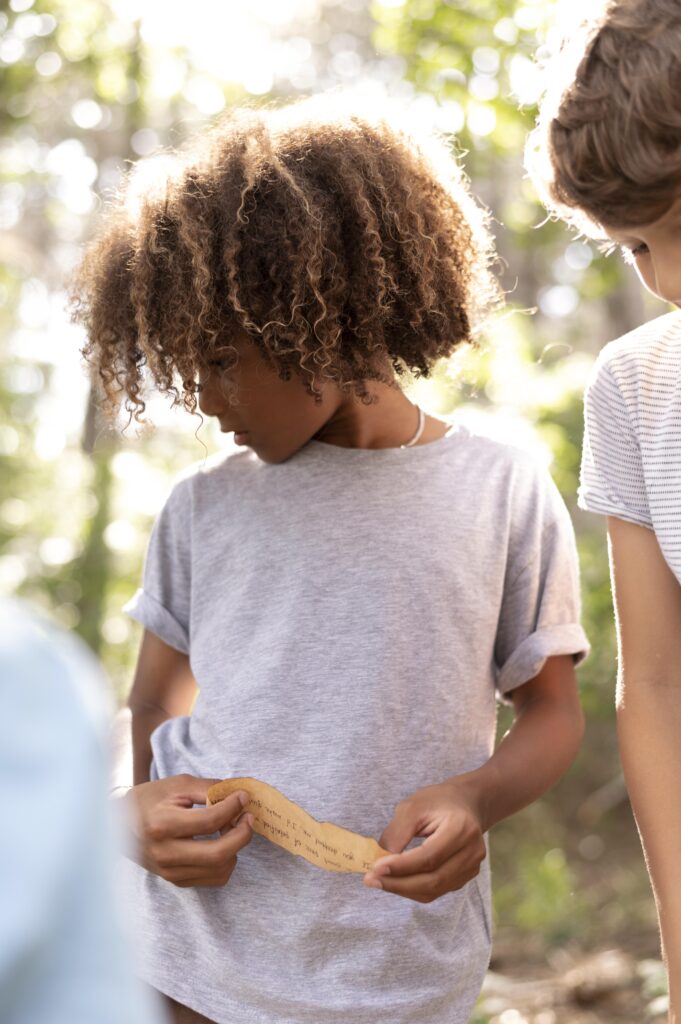
How We Come Alongside Families (feat. Kathleen Cowie & Caitlin Simpson)
We are passionate about transforming the foster care system in and around Houston—and a big part of that mission is helping people find their place along The River. This means providing key trainings, rallying community members together, and raising awareness about how we can all be better equipped to make Houston a place where families heal and children thrive.
For this episode, two of our staff members—Kathleen Cowie and Caitlin Simpson—join us to share a closer look at the work we’re doing.
Kathleen is the Director of Agency Partnerships here at The Riverside Project. She previously served as a research assistant focusing on child welfare, a direct care provider at an emergency shelter for children and youth in foster care, and a Therapeutic Case Manager for the homeless population.
Caitlin is the Director of Community Resources at The Riverside Project. She has previously served with international nonprofits in sub-Saharan Africa and South Asia, addressing humanitarian aid, poverty, and human trafficking.
In this episode, Kathleen and Caitlin talk about what they do behind the scenes, lessons they have learned as social workers, the inner workings of The Response Network, who can benefit from Trust-Based Relational Intervention (TBRI®) trainings, and more.
You can also find this podcast on Apple Podcasts, Spotify, YouTube, and more.
Key Takeaways
- It’s all about quality relationships. Relationships hold incredible power. It’s said that trauma is healed in the context of relationship, and we believe that to be true! Our goal is to create opportunities for our community and churches to serve families by welcoming them into safe spaces where they can build meaningful connections. We can plant the seeds for these relationships through meeting a tangible need, being a listening ear, or offering support.
- Take good care of yourself first. Transforming the foster care system is a long and challenging process. But with everything that needs to get done, we often forget to pause to take care of ourselves. Consider all of the people who are taking care of children—and the people who are taking care of those people. Across the board, we need to prioritize taking good care of ourselves so that we can continue to do this work for the long haul. We cannot and will not be able to continue this work if we are constantly emptying our cup and never being filled back up again.
- TBRI® is beneficial for everyone. When we first hear about Trust-Based Relational Intervention (TBRI®), it’s easy to assume that it is only for foster parents or professionals who work directly with children from hard places. But the truth is, TBRI® is beneficial for everyone, teaching us more about ourselves and how we can better navigate our relationships. Through this training, we can gain a better understanding of how behind every negative behavior, there is an unmet need.
Resources
Meet the Guests

Caitlin Simpson is the Director of Community Resources at The Riverside Project. She has previous experience working in the developing world addressing the intersection of human trafficking, poverty and violence. Prior to her work at The Riverside Project, Caitlin worked as a social worker in pediatric emergency medicine and labor/delivery. She is a licensed social worker and TBRI® practitioner.

Kathleen Cowie is the Director of Agency Partnerships at The Riverside Project. She has a Master of Social Work and a degree in Family and Human Services. Kathleen has served as a research assistant focusing on child welfare, a direct care provider at an emergency shelter for children and youth in foster care, and a Therapeutic Case Manager for the homeless population. She is a Licensed Master Social Worker (LMSW) and a Trust-Based Relational Intervention (TBRI®) Practitioner.


